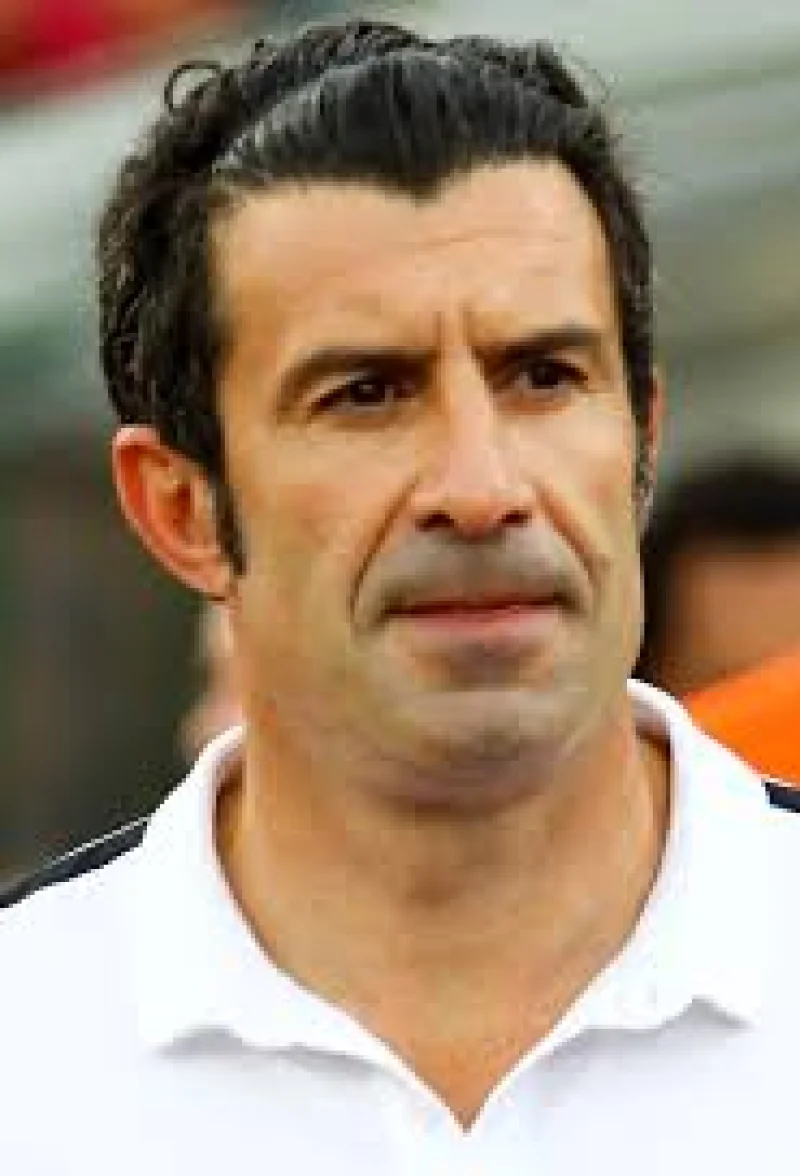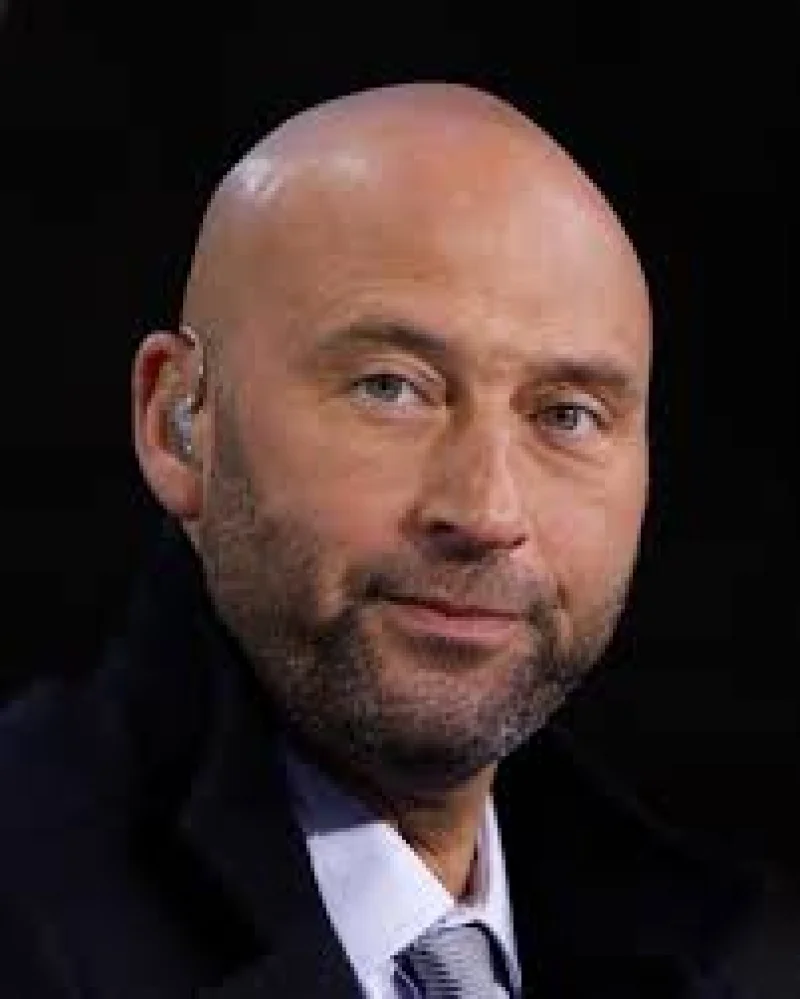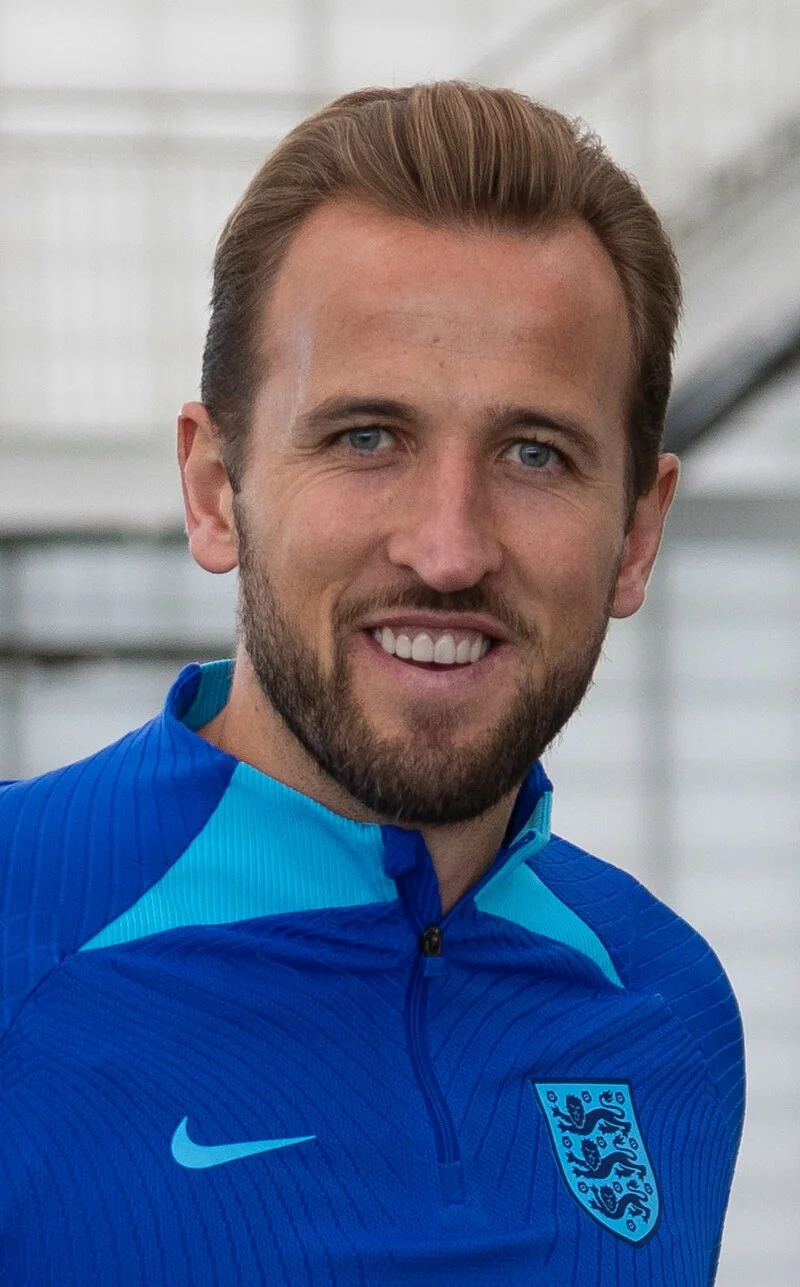Short Summary
Luis Figo is a renowned Portuguese former professional footballer celebrated for his exceptional skill, vision, and leadership on the field. Born on November 4, 1972, he gained fame playing for top European clubs, including Barcelona and Real Madrid, and for captaining the Portuguese national team. Known for his creativity and charismatic play, Figo is remembered as one of the greatest wingers of his era and was honored with numerous awards, including the prestigious Ballon d'Or in 2000.
Early Life & Education
Luis Figo was born in Almada, Portugal, and grew up in the working-class district of Cova da Piedade. His passion for football was evident from a young age, and he joined the local club, Os Pastilhas, at the age of six. Figo's talent was soon recognized, and he moved to the youth academy of Sporting CP when he was 11, where he honed his skills under professional guidance. His early experiences and dedication to the sport laid a strong foundation for his future career, with his family providing continual support and encouragement throughout his development.
Career Highlights
Figo's professional career began at Sporting CP, where he made a significant impact before moving to FC Barcelona in 1995. At Barcelona, he became a key player, helping the team win several titles, including two La Liga championships. In 2000, he made a controversial move to Real Madrid, further boosting his career and winning the UEFA Champions League in 2002. Figo also had a successful international career, earning 127 caps for Portugal and playing in three European Championships and two World Cups. He retired from professional football in 2009 after a stint with Inter Milan.
Major Achievements
- Won the Ballon d'Or in 2000, recognizing him as the best football player in the world.
- Secured two La Liga titles with FC Barcelona, showcasing his influence in Spanish football.
- Helped Real Madrid win the UEFA Champions League in 2002, a pinnacle in his club career.
- Capped 127 times for Portugal, making him one of the most capped players in the nation’s history.
- Named FIFA World Player of the Year in 2001, further solidifying his status as an elite footballer.
Famous Quotes
- "A good player is one who can make a difference."
- "I have been able to play with some of the best players in the world and I would not change that for anything."
Interesting Facts
- Figo’s transfer from Barcelona to Real Madrid in 2000 was a world record fee at the time, approximately €62 million.
- He is fluent in several languages, including Portuguese, Spanish, Italian, and English.
- After retiring, he has been involved in various business ventures and football administration roles.
- Figo was part of the "Galácticos" era at Real Madrid, playing alongside stars like Zinedine Zidane and Ronaldo.
- He is married to Swedish model Helen Svedin, and together they have three daughters.
Legacy / Influence
Luis Figo’s influence on football is profound, with his style of play inspiring a generation of wingers and attacking midfielders. His ability to perform at the highest level for both club and country established him as a role model for aspiring footballers. Beyond his technical skills, his professionalism and commitment have left a lasting impact on the sport, contributing to the globalization of football and the popularity of the sport in Portugal.
FAQ
Q: Why is Luis Figo famous?
A: He is famous for his outstanding football career, playing for top clubs like Barcelona and Real Madrid, and winning prestigious awards like the Ballon d'Or.
Q: What are some of Figo's major achievements?
A: Figo won the Ballon d'Or in 2000, the UEFA Champions League in 2002, and was named FIFA World Player of the Year in 2001.
Q: What was significant about Figo's transfer from Barcelona to Real Madrid?
A: The transfer was notable for its world record fee at the time and the intense rivalry between the two clubs.
Q: How many international caps did Figo earn with Portugal?
A: He earned 127 caps, making him one of the most capped players in the history of the Portuguese national team.










